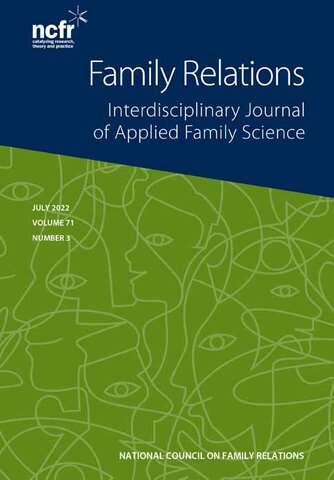Objective
The aim of the study was to analyze the impact of different migration arrangements on child welfare.
Background
With the rapid economic development in China, large numbers of migrants are moving to metropolitan areas in search of better jobs. They are faced with the dilemma of whether to leave their children behind in the countryside due to various socioeconomic factors.
Method
A total of 1005 children with migrant parents and 532 children with nonimmigrant parents were included. An order logit method was used to estimate the impact of family arrangements on child welfare by using China Family Panel Survey Database 2016. To control for the initial heterogeneity of individual, family, and regional characteristics, propensity score matching was used.
Results
The findings revealed that the types of family arrangement were complicated, with 66.2% of migrant children in the city with their parents and 74.1% of children were left behind in the rural area. Children who migrate to the city with their parents had significantly greater improvement in their math and Chinese grades, overall school performance, and better physical health than left-behind children. The impact of family arrangements on mental health was not statistically significant. The impact of migration was more pronounced for children under 12 years of age.
Conclusion
Parents' migration decisions have significant implications for child's welfare. The presence of parents and better educational and medical resources are conducive to school performance and physical health for children. The impact of life circumstances and social identity on child's psychological health needs closer attention.
Implications
Relaxing the household registration system, making policy adjustments that aim to improve the standard of living in places where migrants relocate, and providing conditions for integration are positive, significant steps that could be taken to promote the physical and mental health of both left-behind and migrant children.

